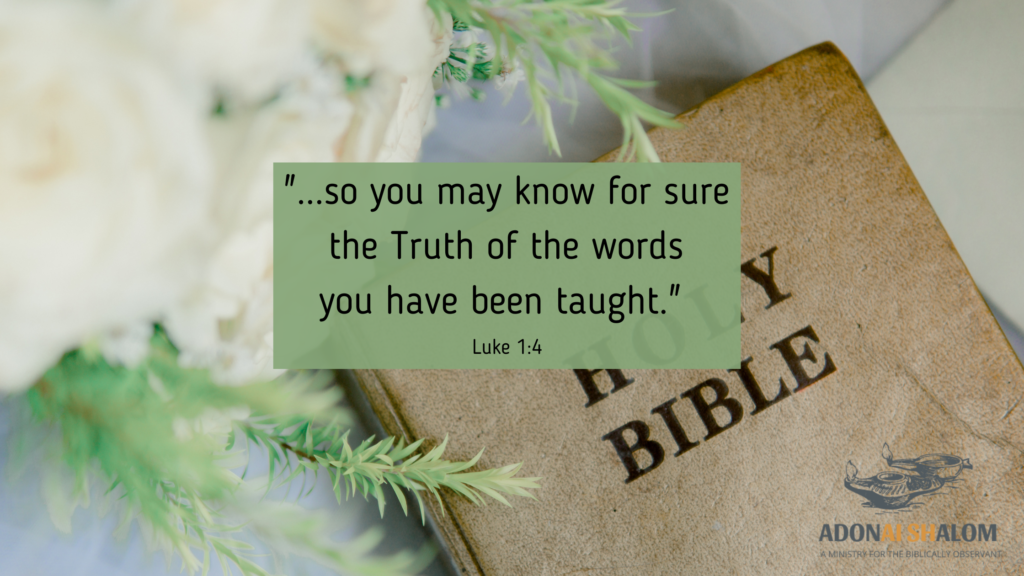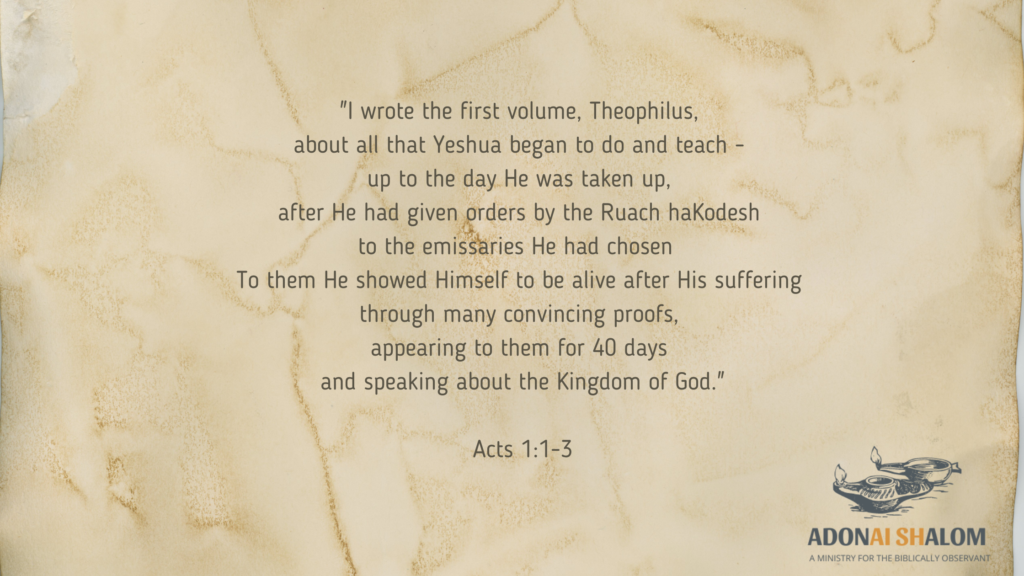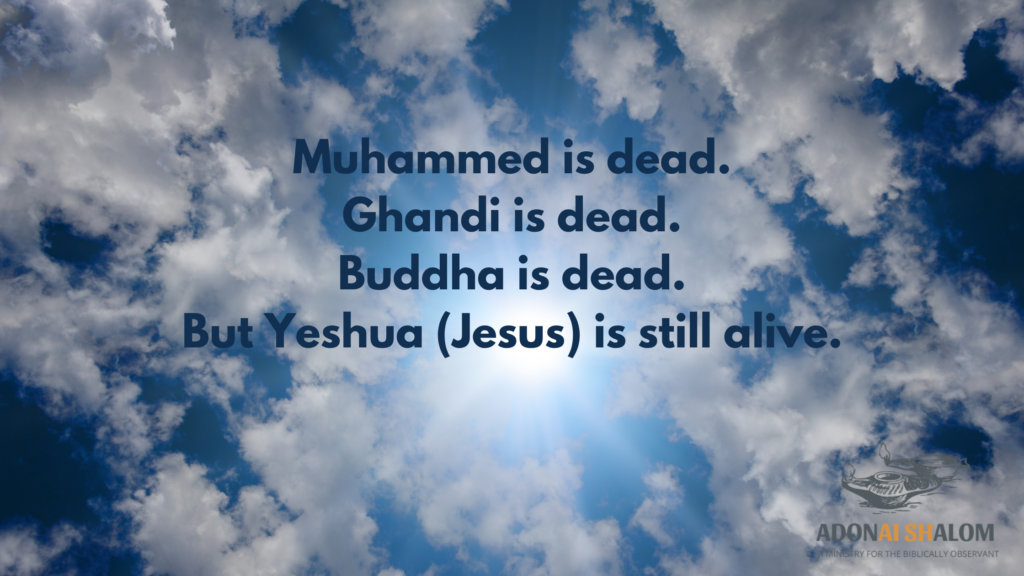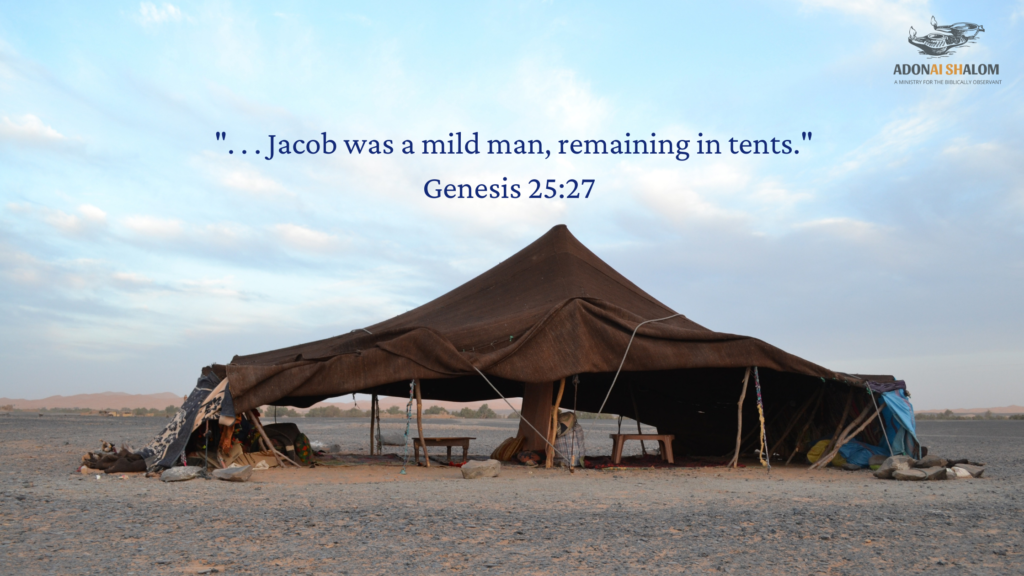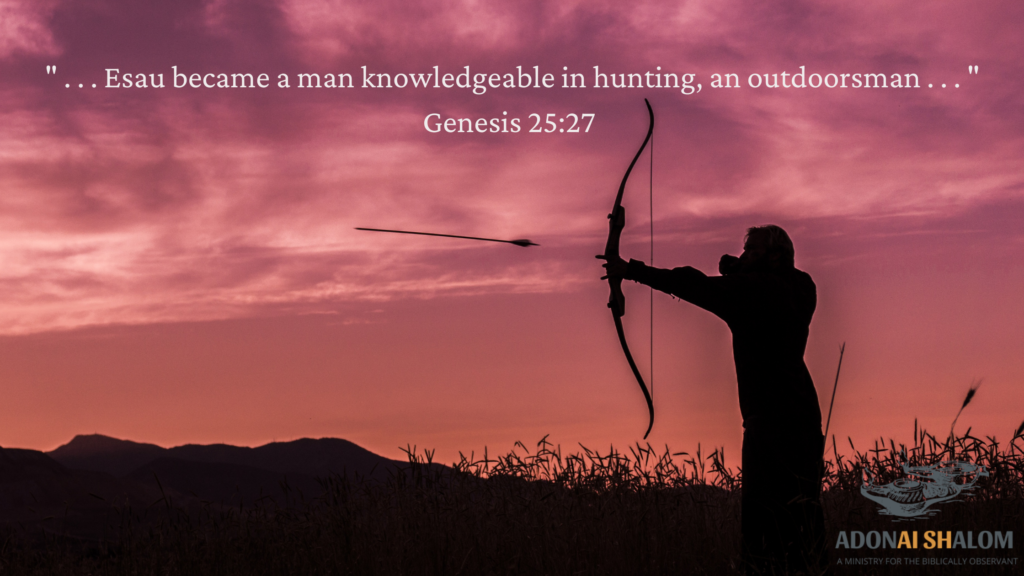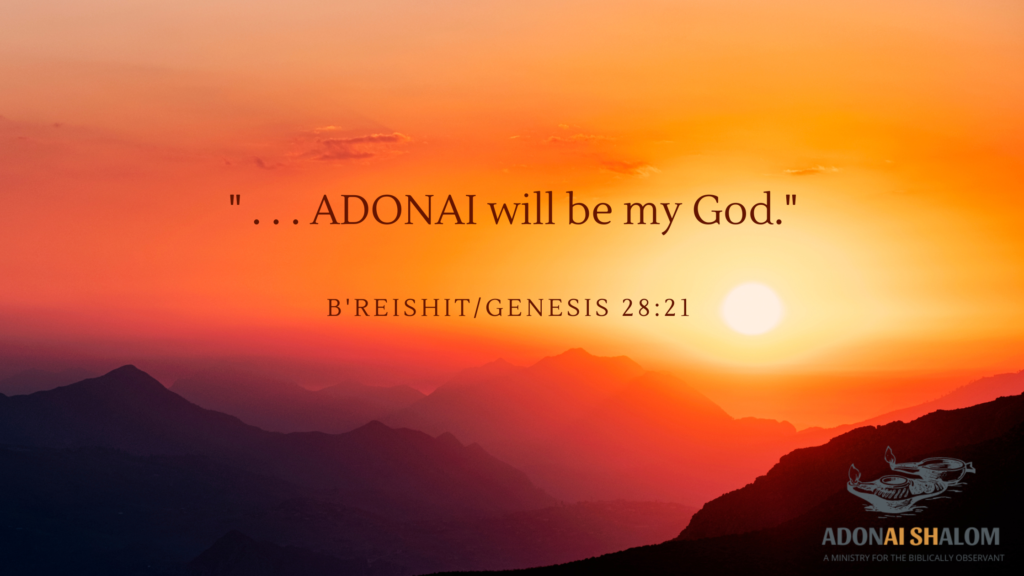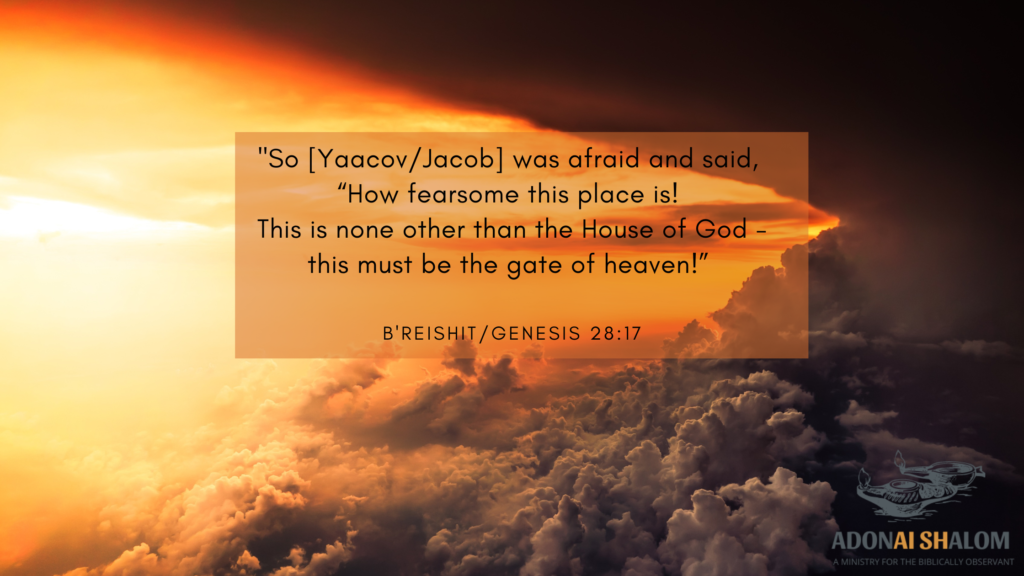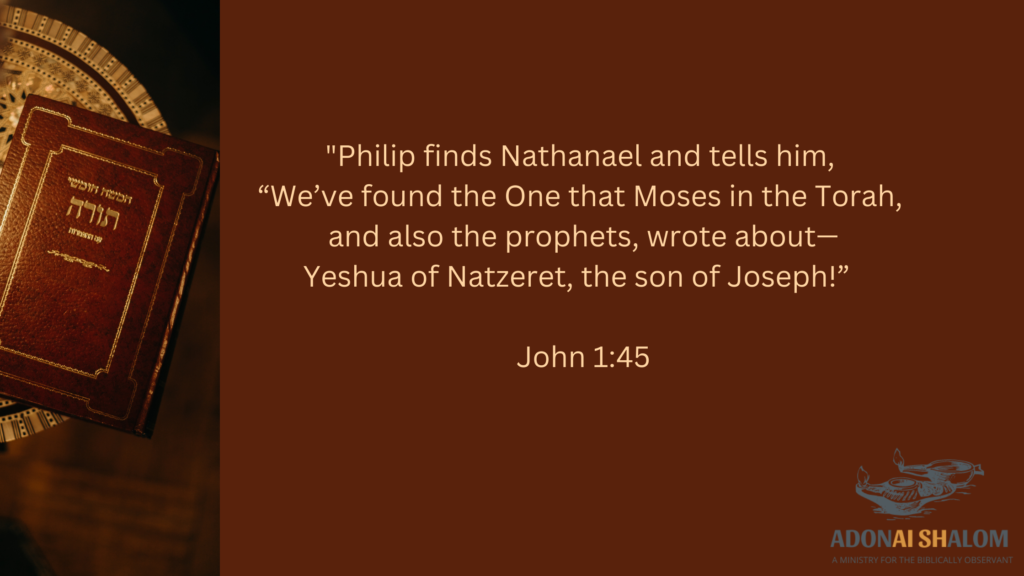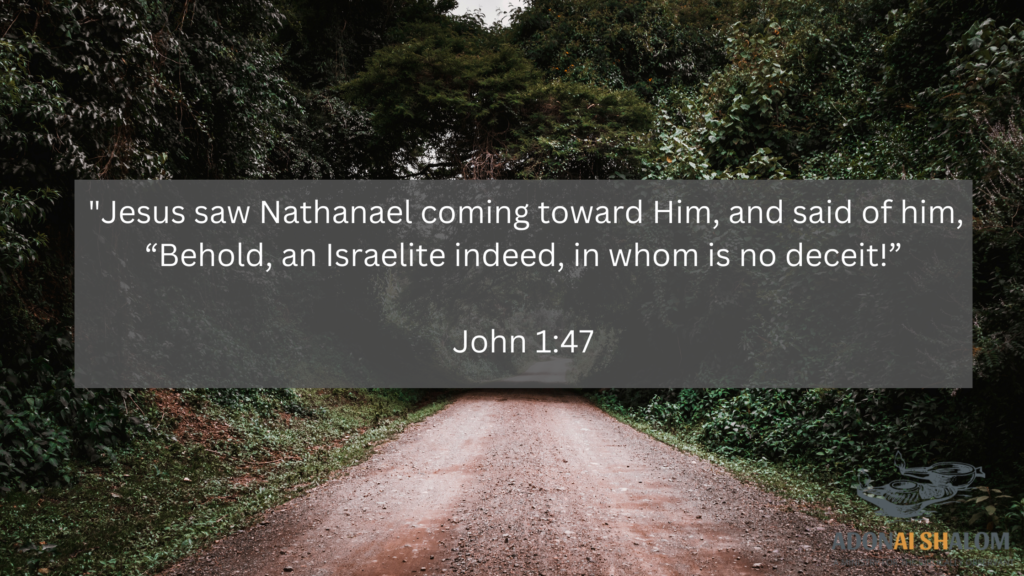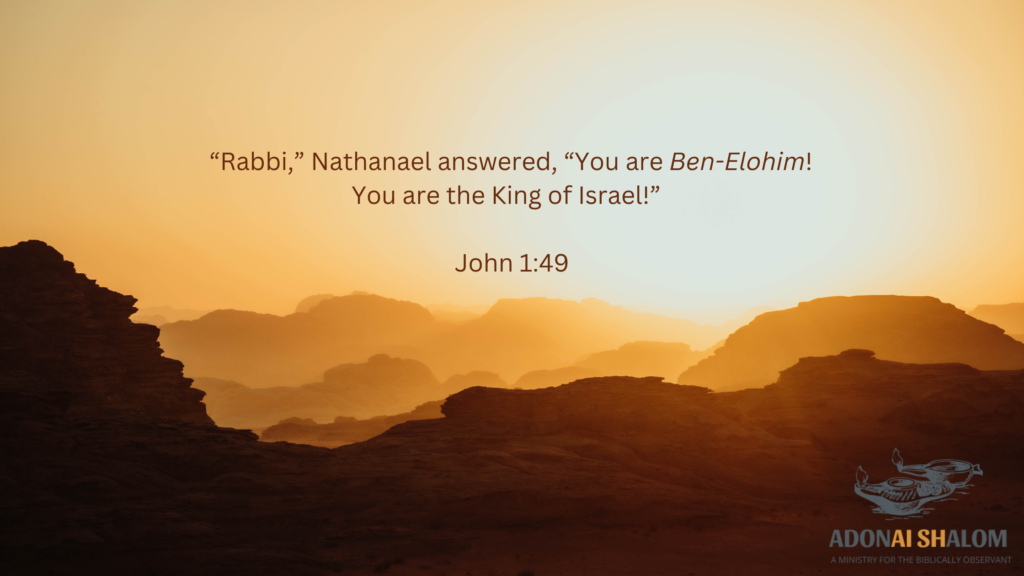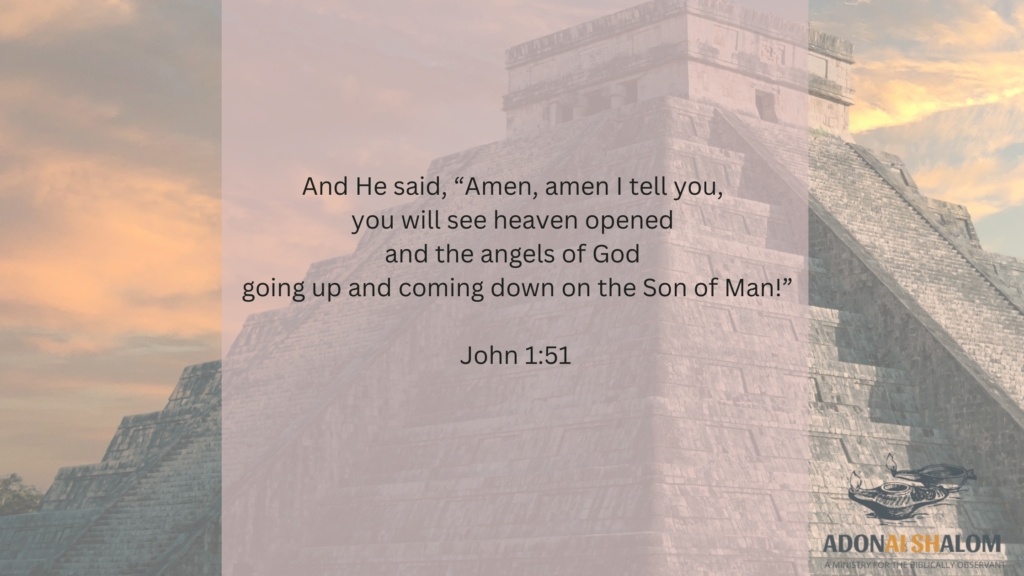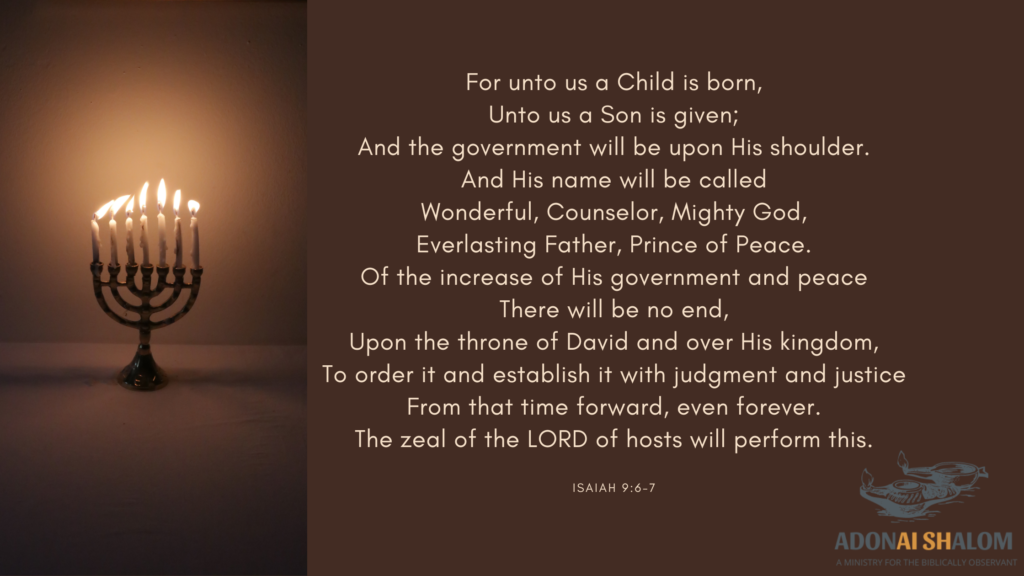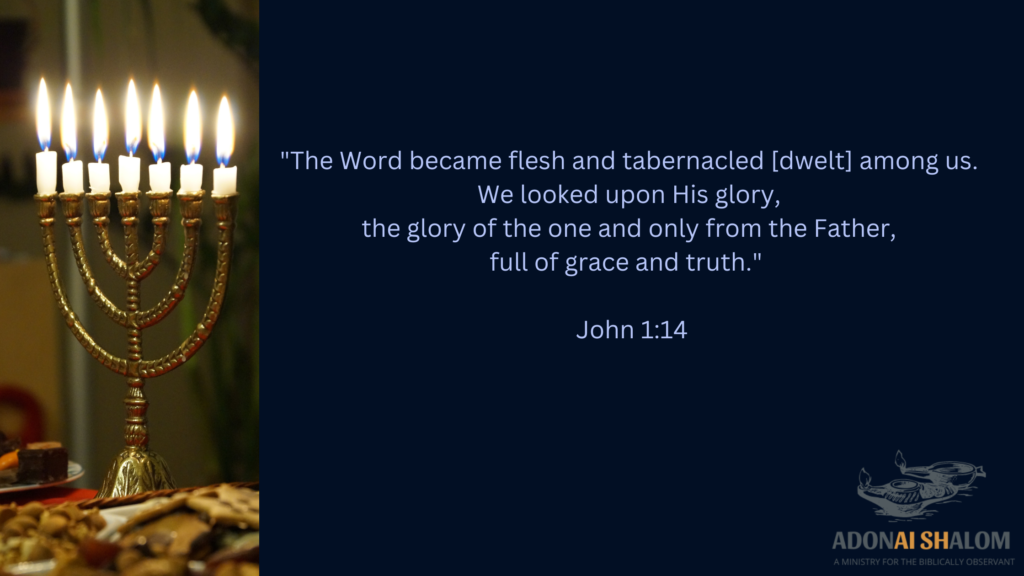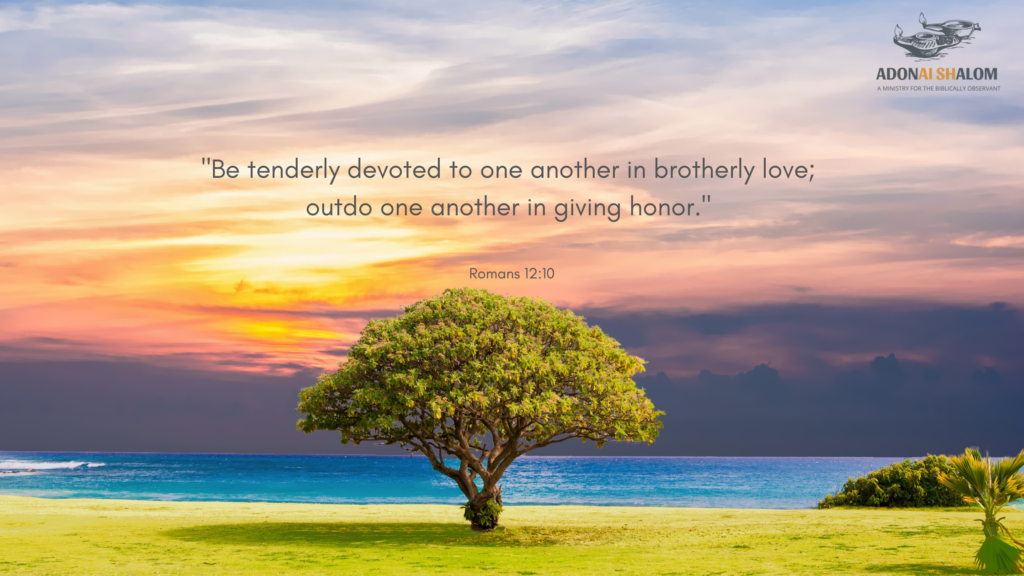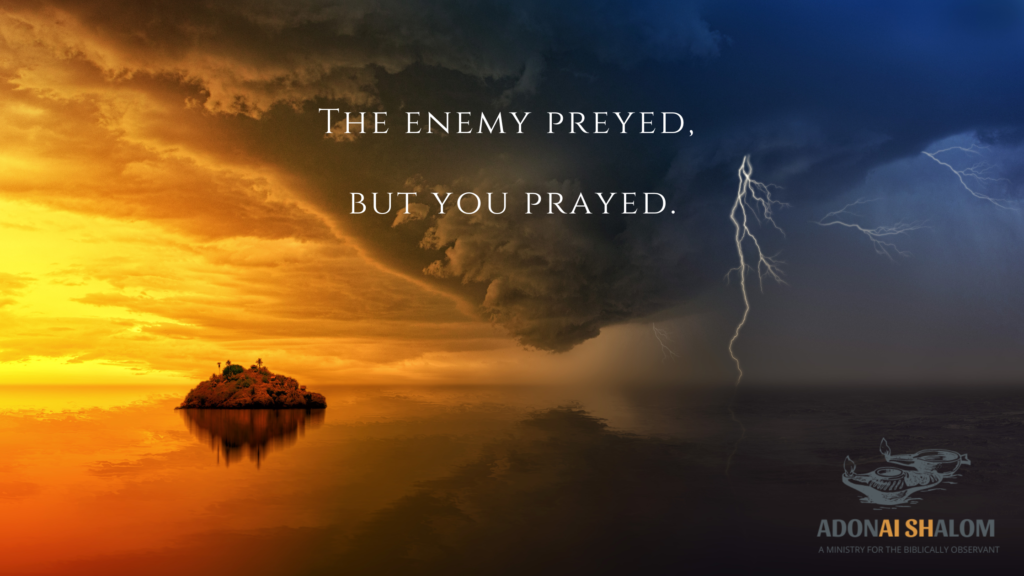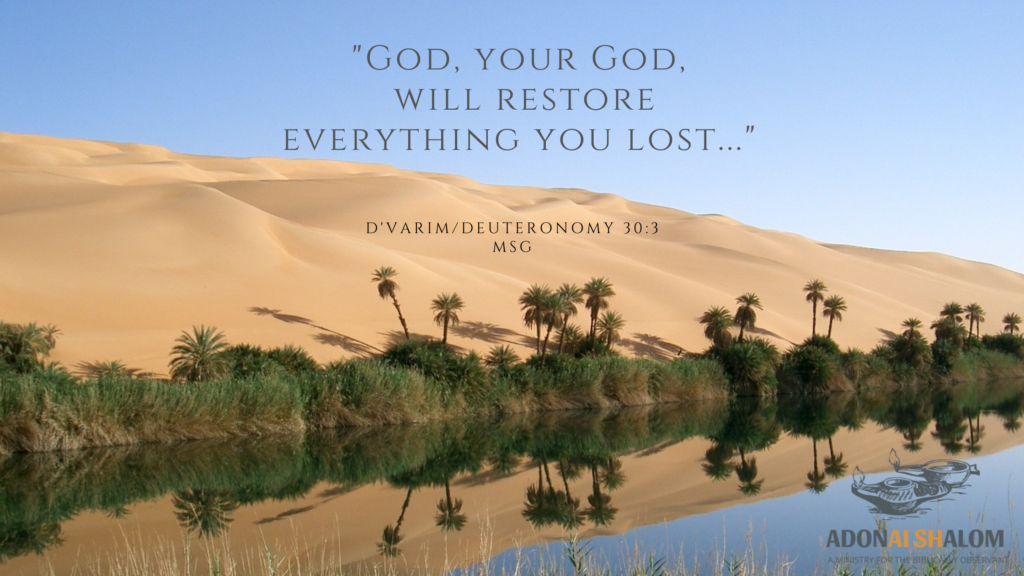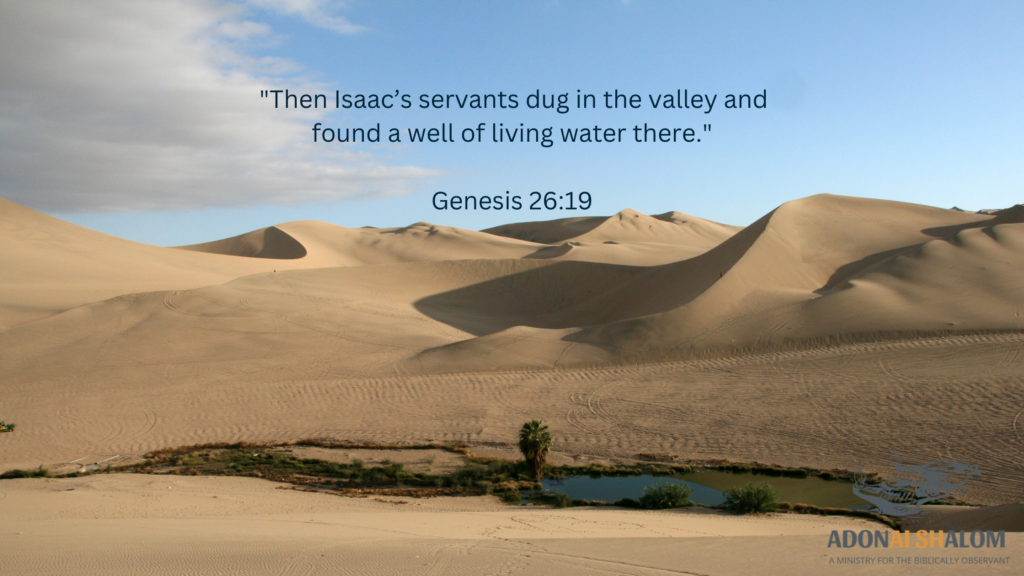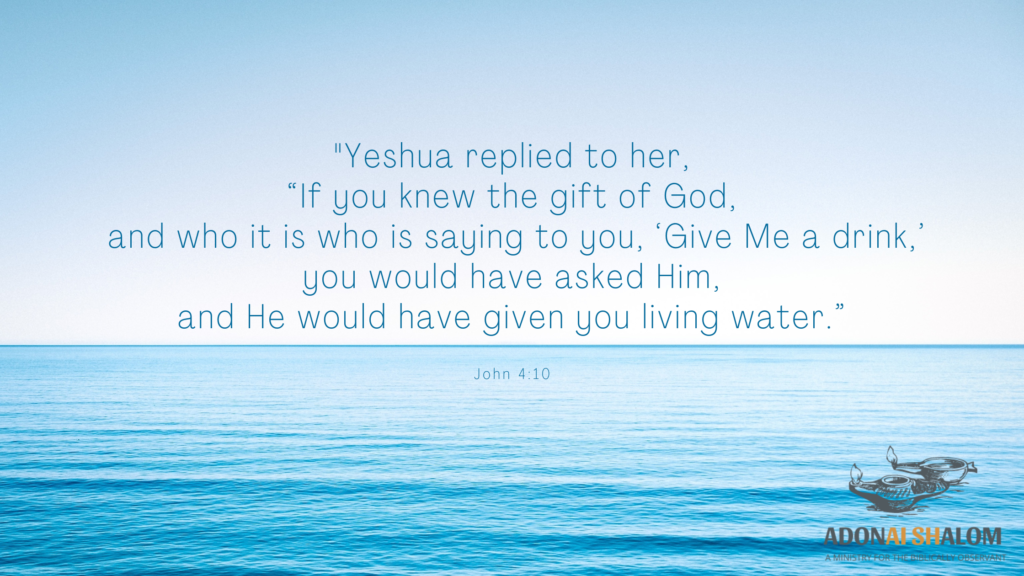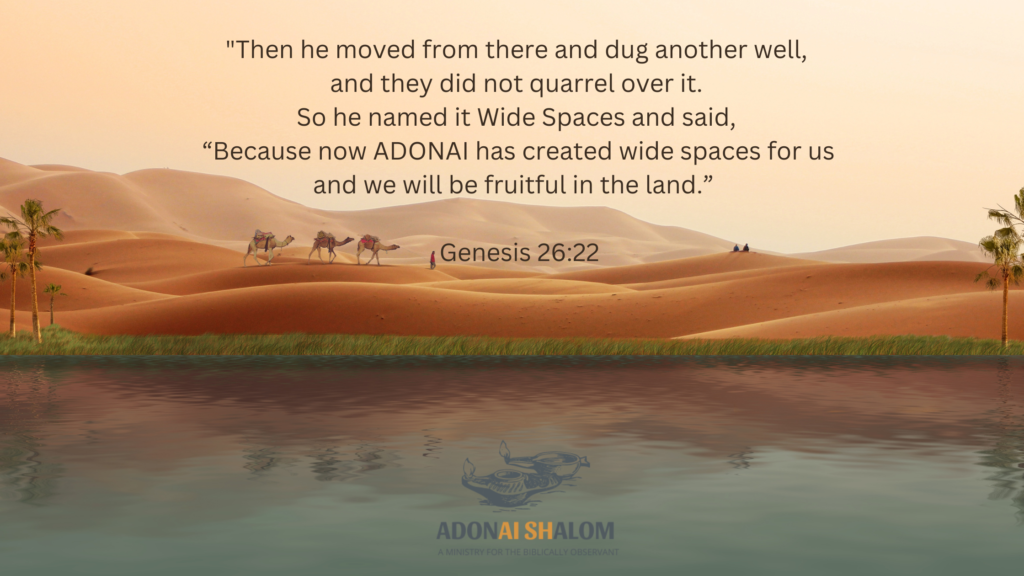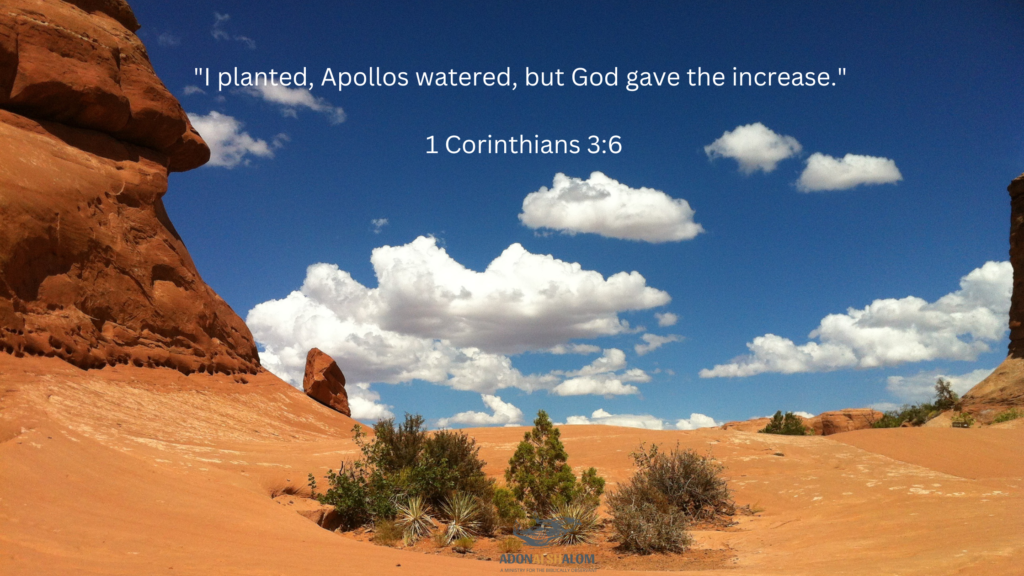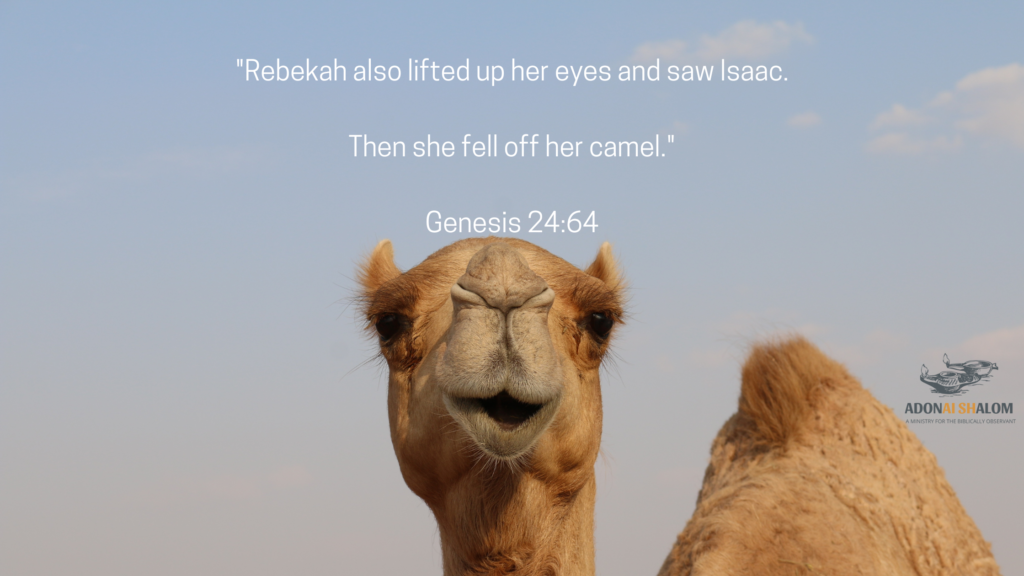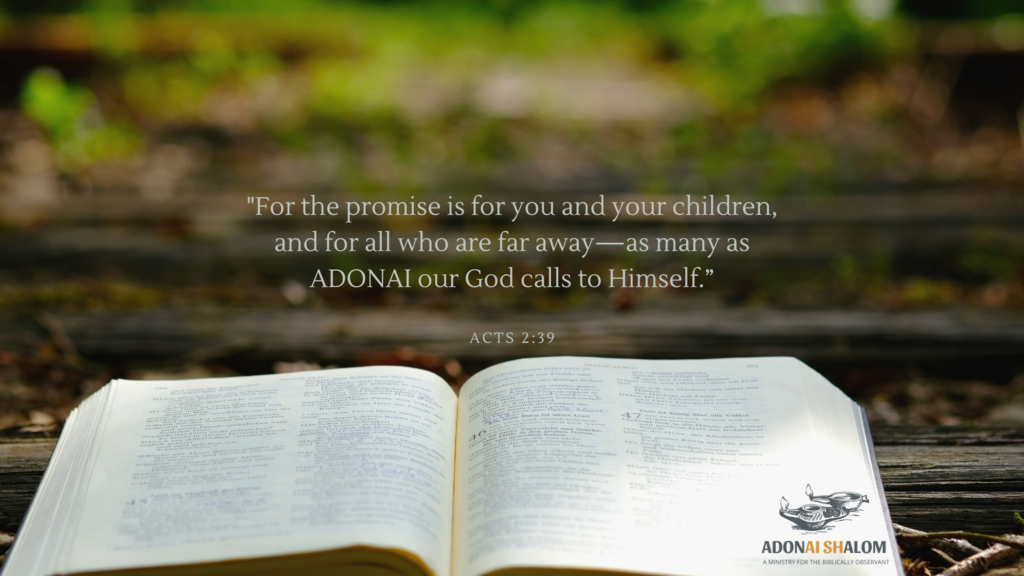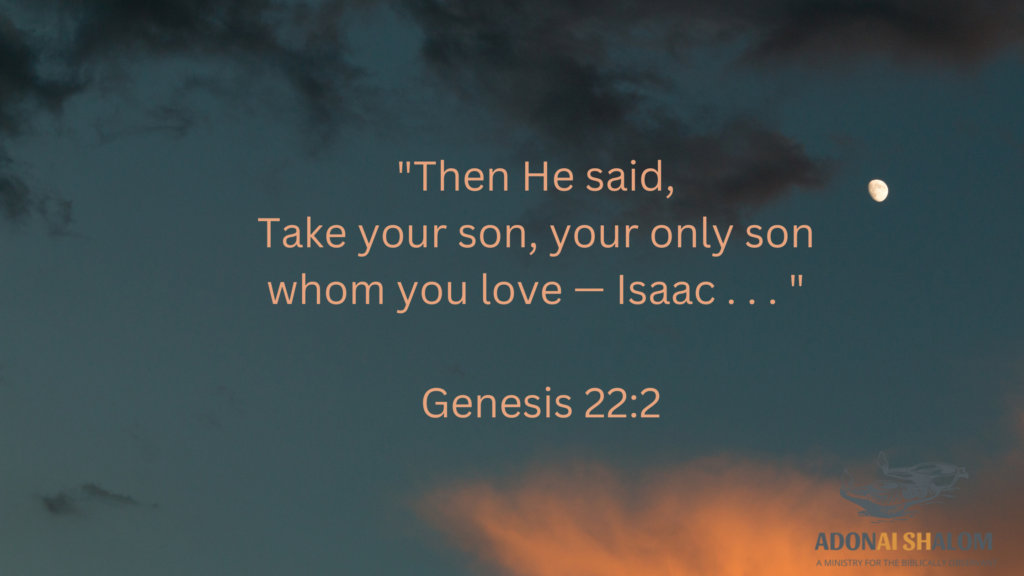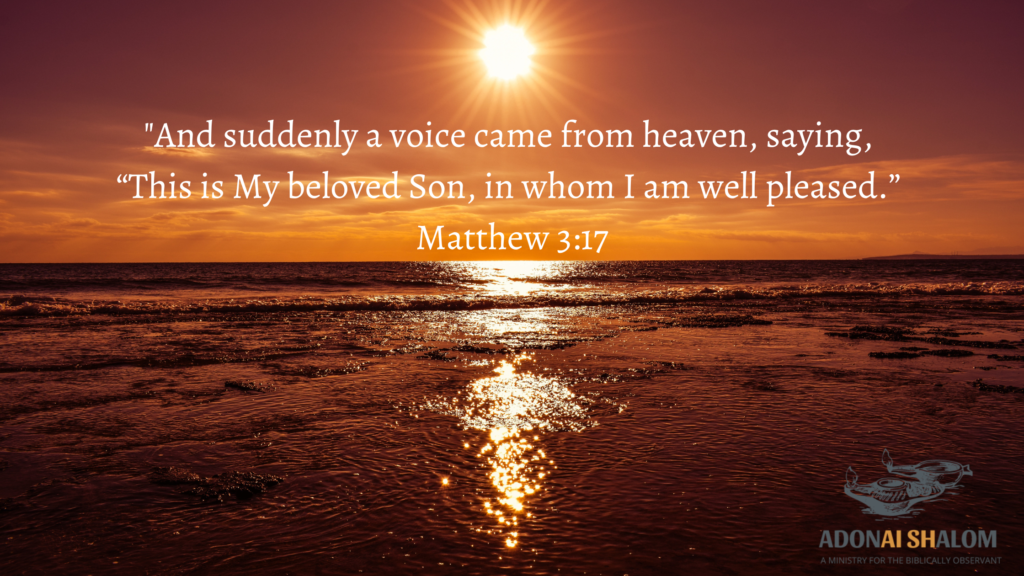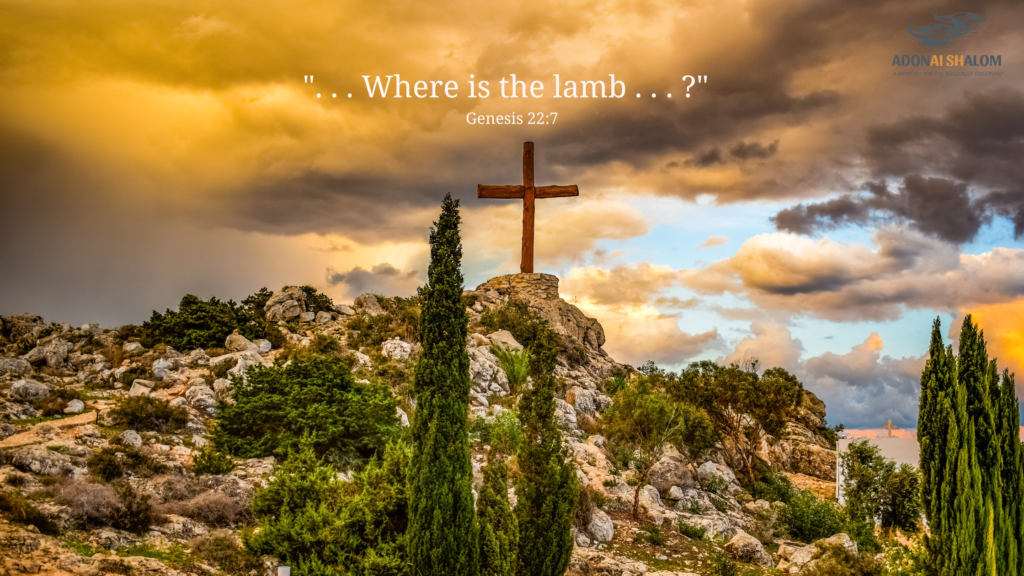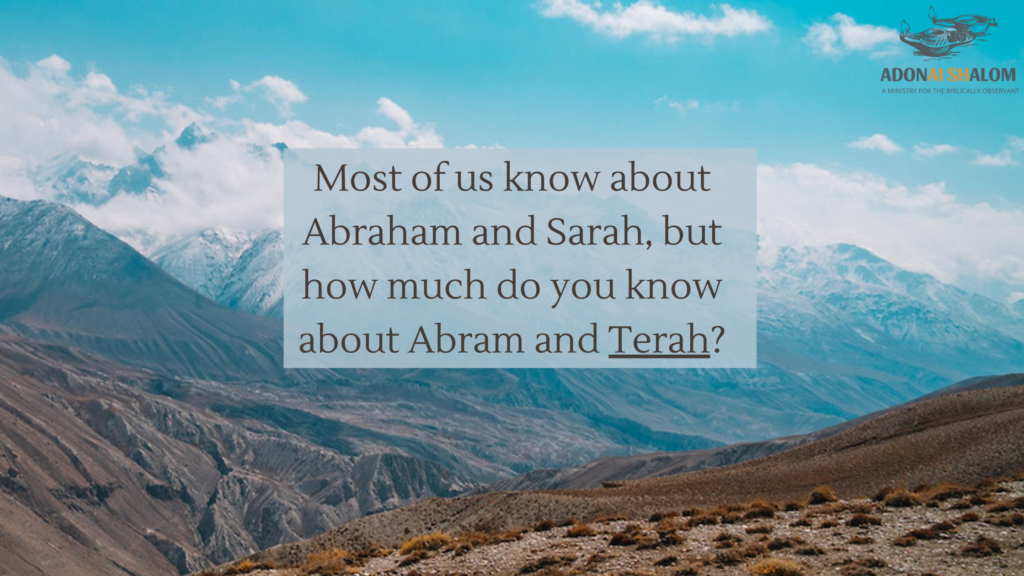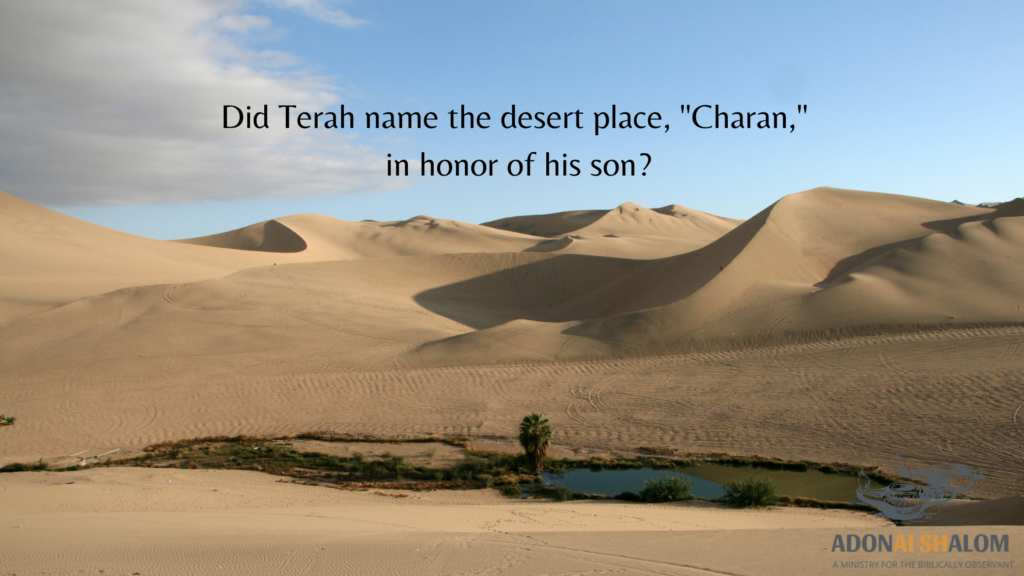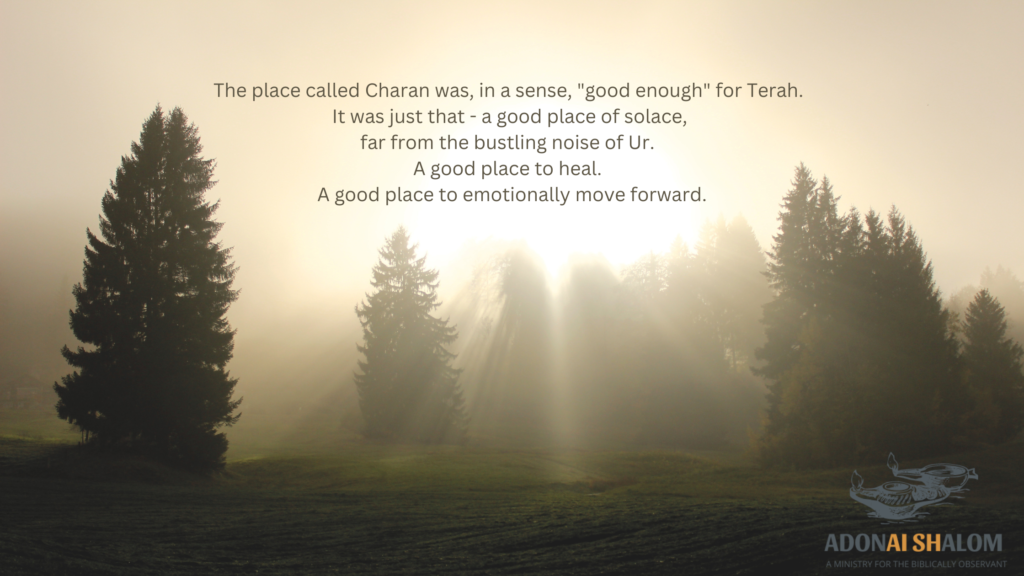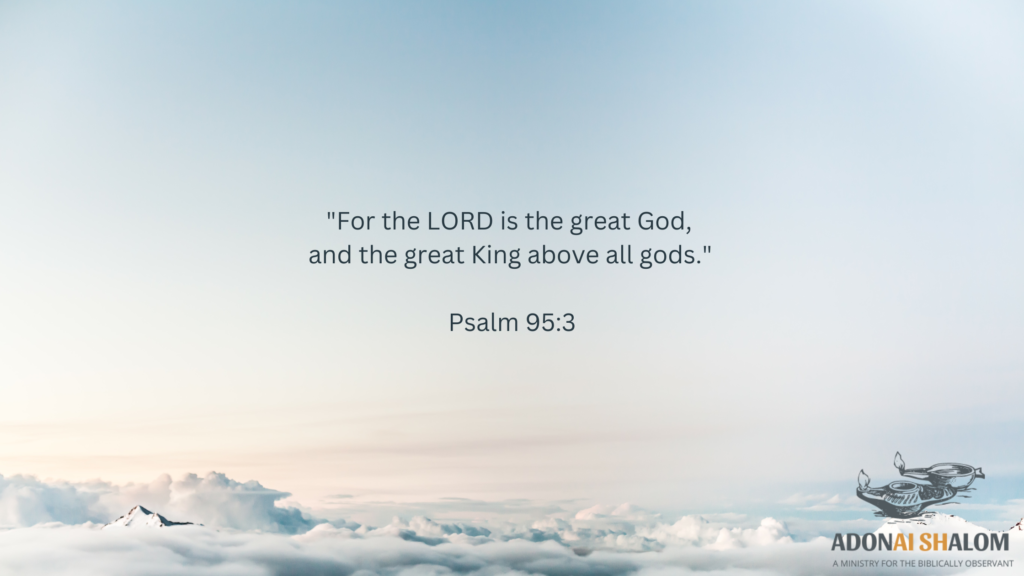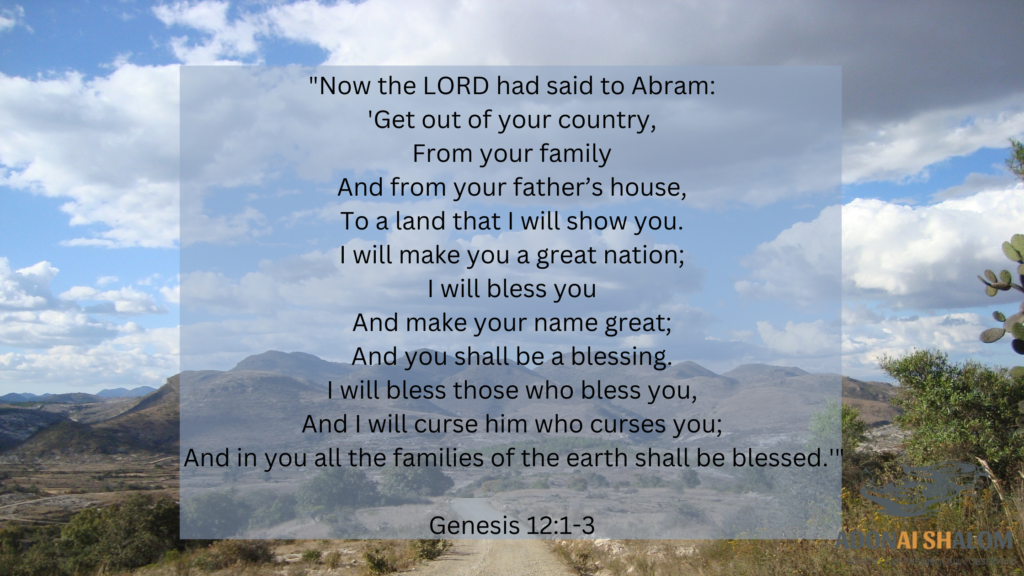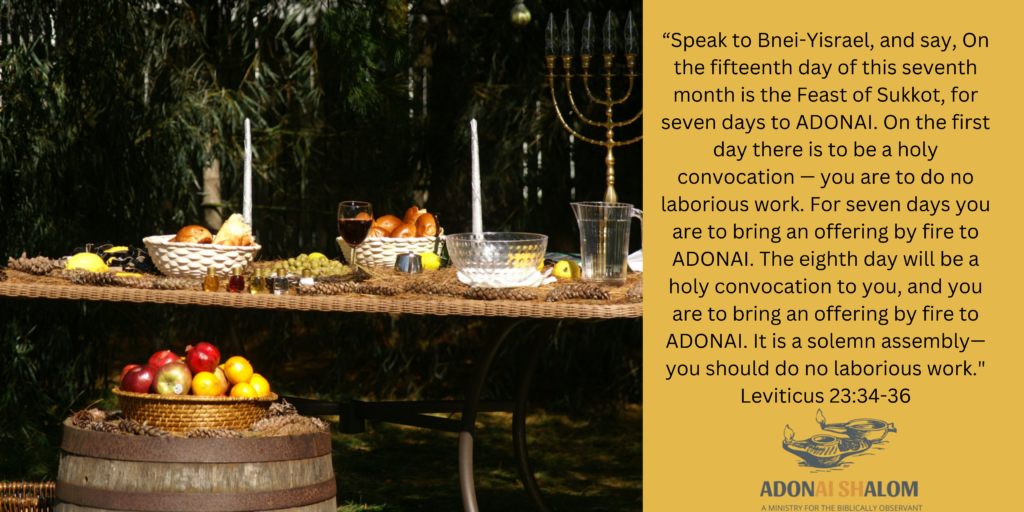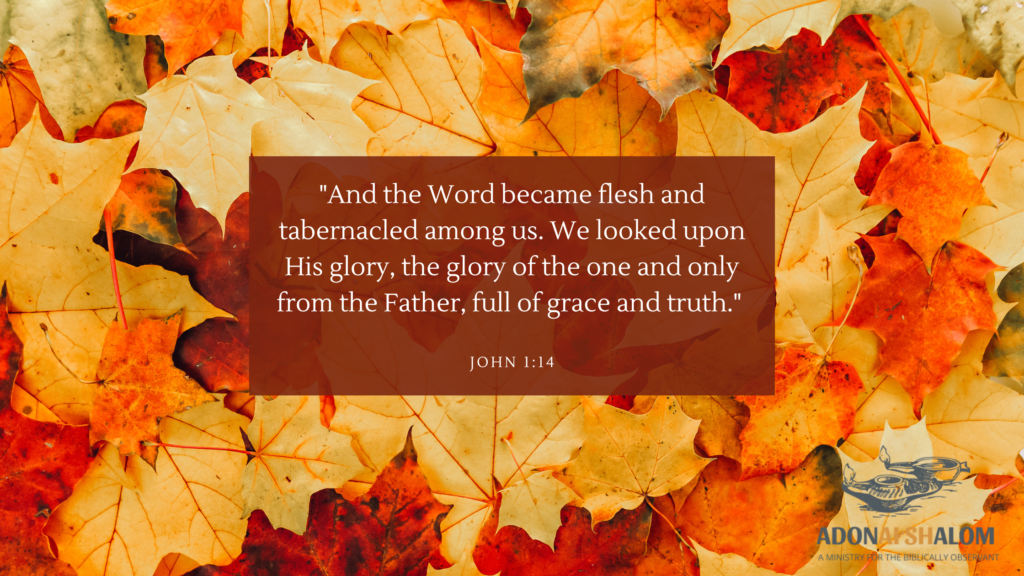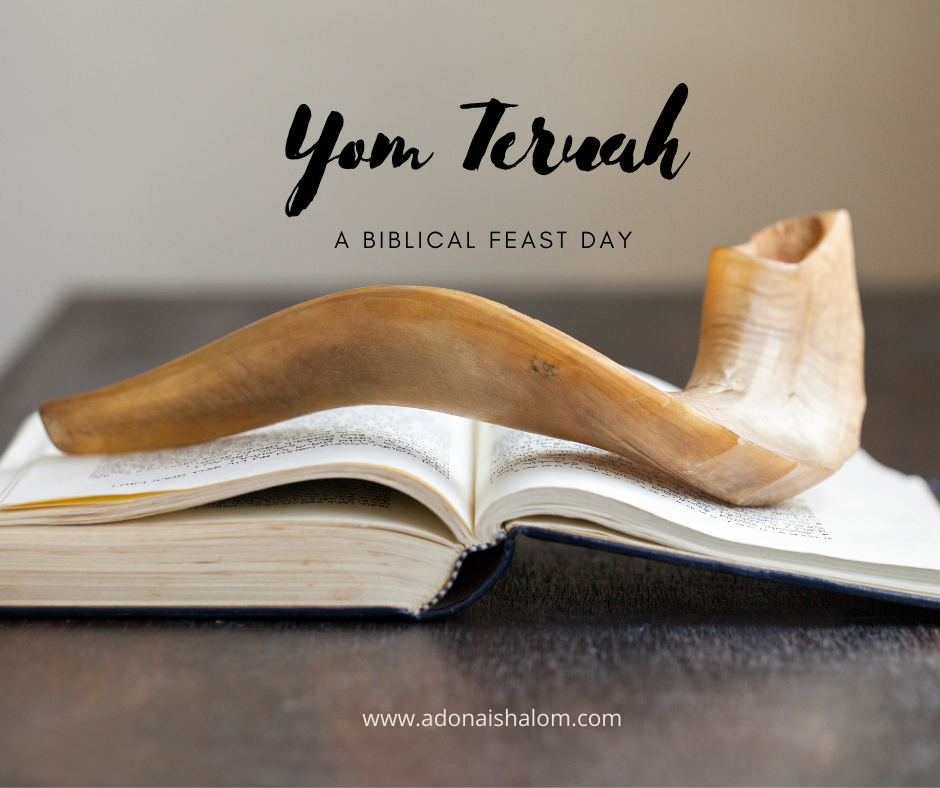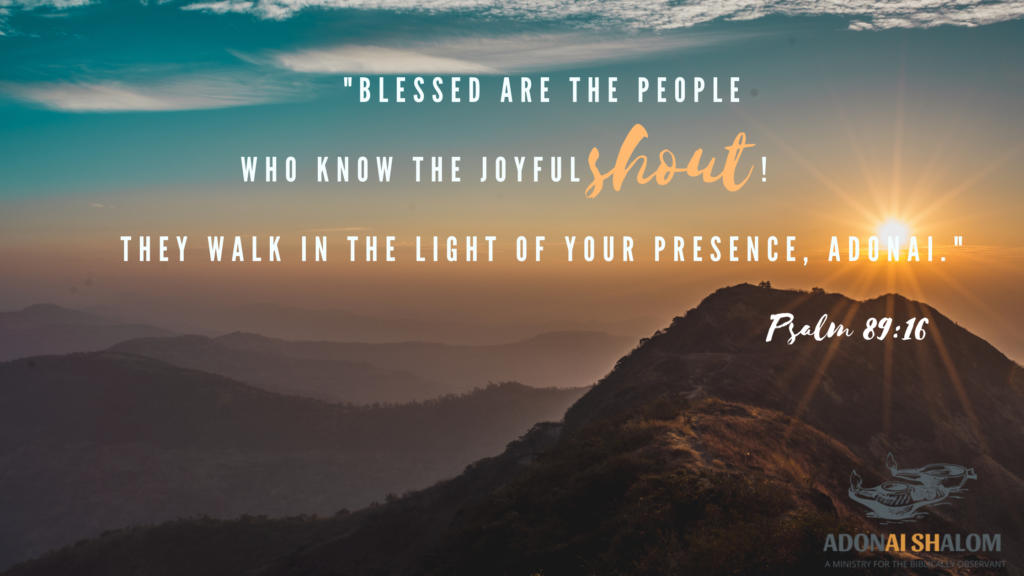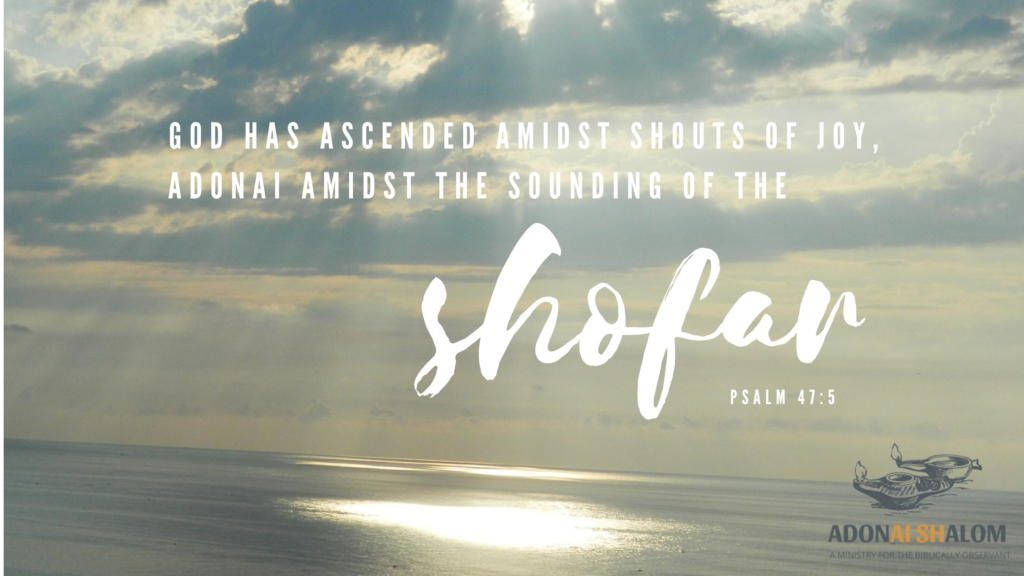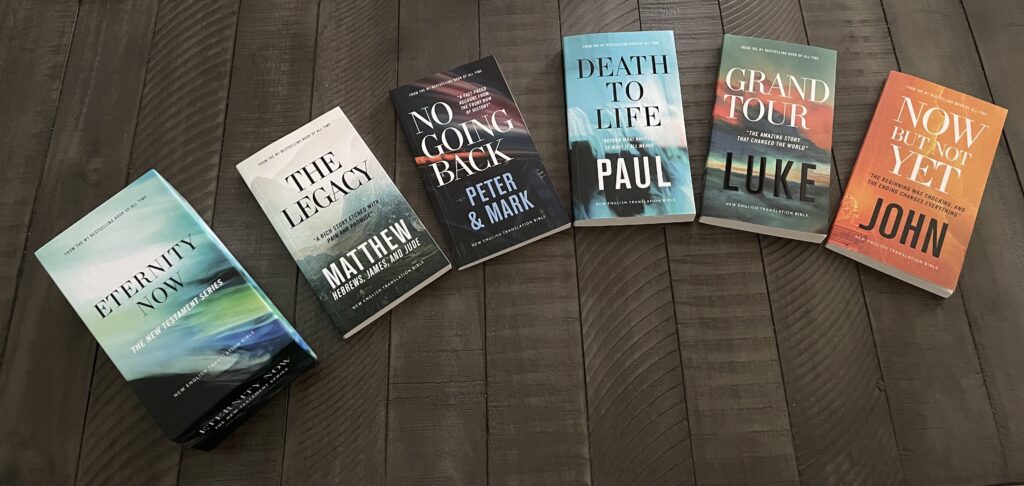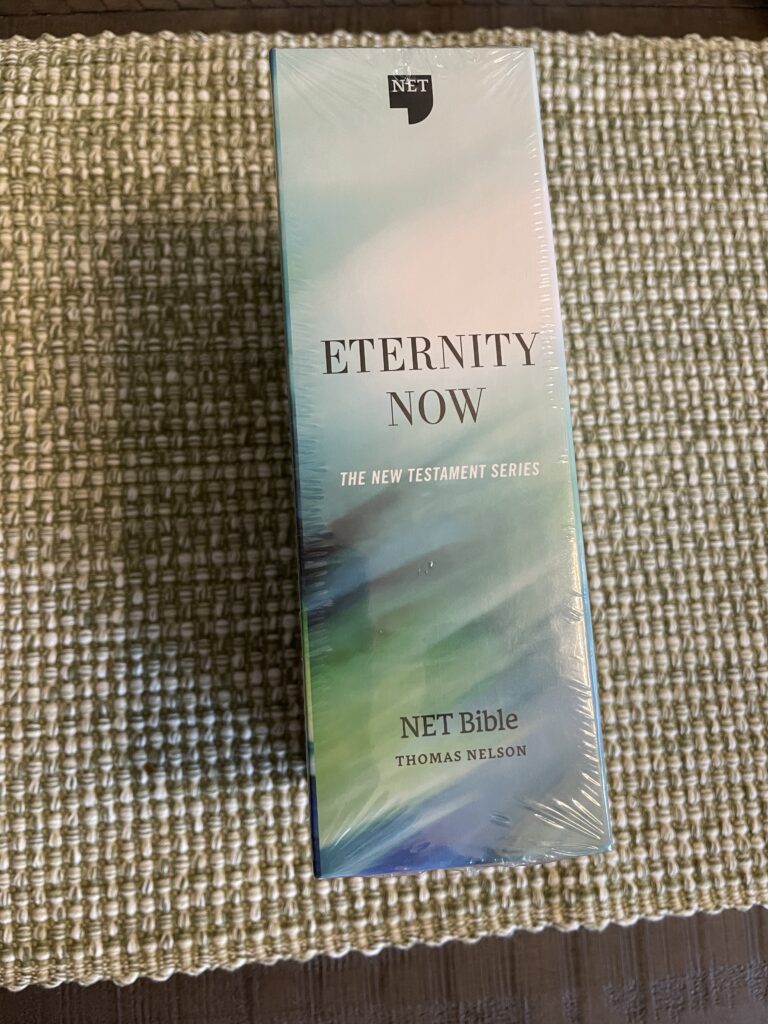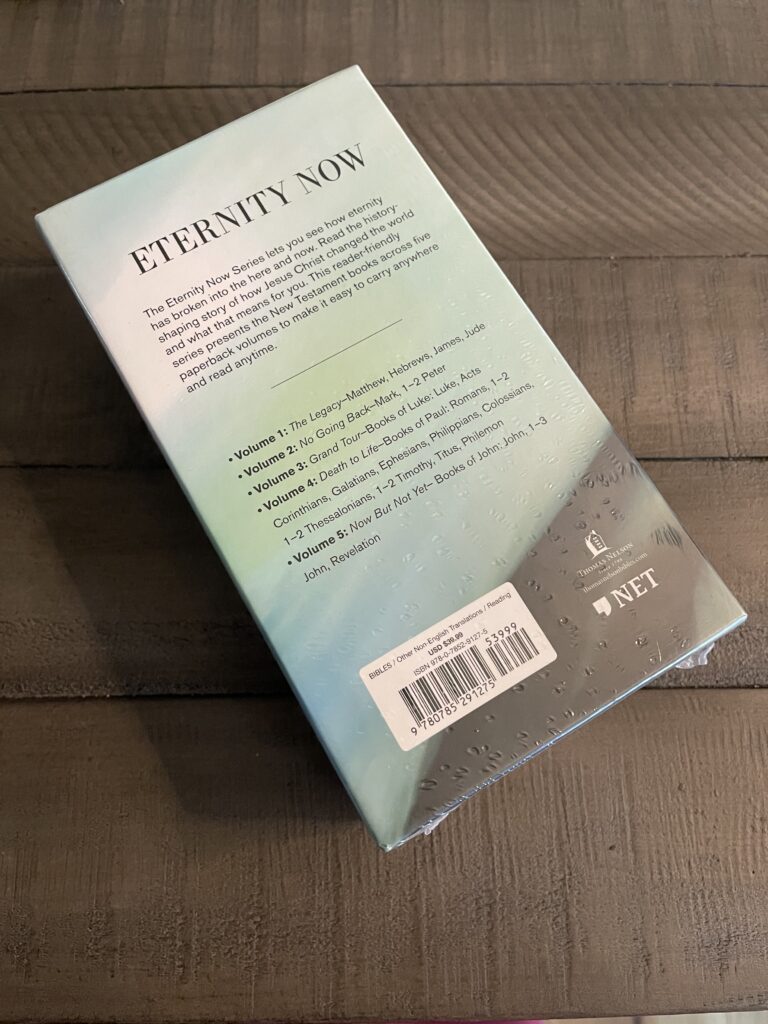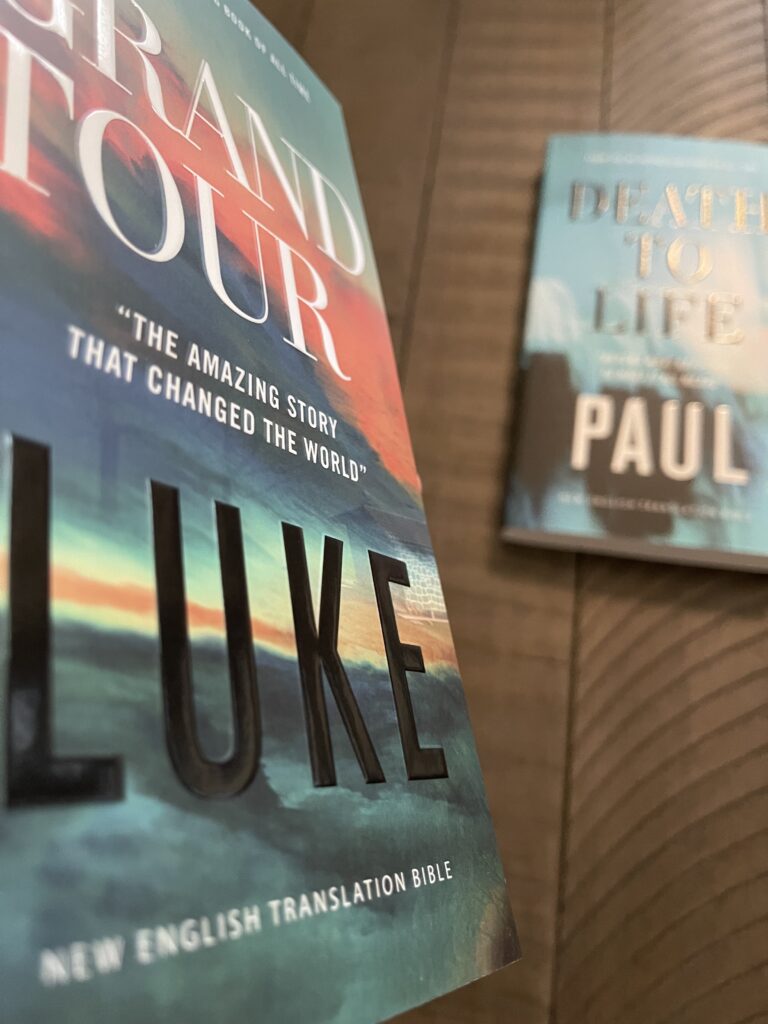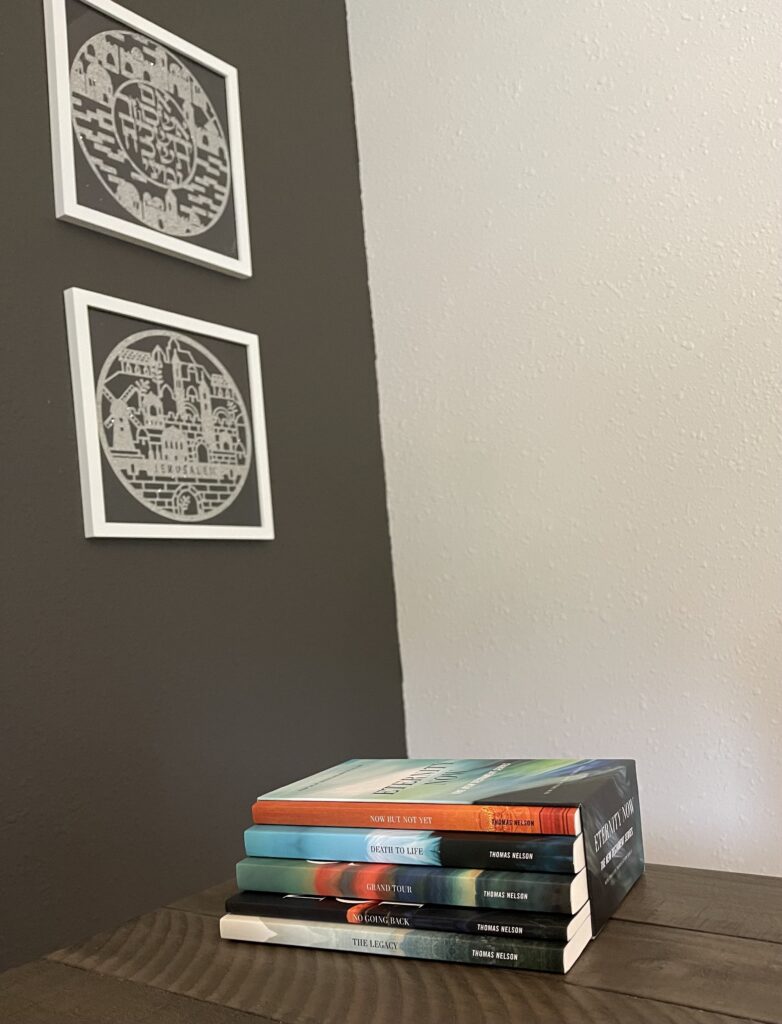Spirit-filled Songs of Praise in Luke’s Gospel
(Luke 1-2) 5783 B”H, updated 2/20/23
Last week, I focused on Dr.Luke, Gospel-writer. His purpose in writing was so that the beloved ones would “know for sure the Truth.” We will see today that Luke was also very interested in recording examples of Spirit-filled praise.
As we continue to look at Luke‘s writings, I’d like to point out his early focus on praise hymns. Before the first chapter of the Gospel of Luke ends, he has already shared with us the song of praise (often called the “Magnificat”) of Mary (Miriam), the mother of Jesus (Yeshua).
This indicates to me that Luke was a worshipper. It seems to me that Dr.Luke had a heart filled with praise which inspired Him to write and share the Good News with us.
Miriam the Prophetess & Miriam, Mother of Messiah
When we hear the name “Miriam” related to Scripture, it is not uncommon to immediately think of Miriam the Prophetess, Moshe’s (Moses’) brave sister (Shemot/Exodus 15:20).
Both Moshe (Moses) and Miriam sang praises to ADONAI for leading them to safety through the parted waters of the Red Sea (Shemot/Exodus 15). With tambourine in hand, Miriam led dancing and singing:
“Sing to ADONAI, for He is highly exalted! The horse and its rider He has thrown into the sea!” Exodus 15:21
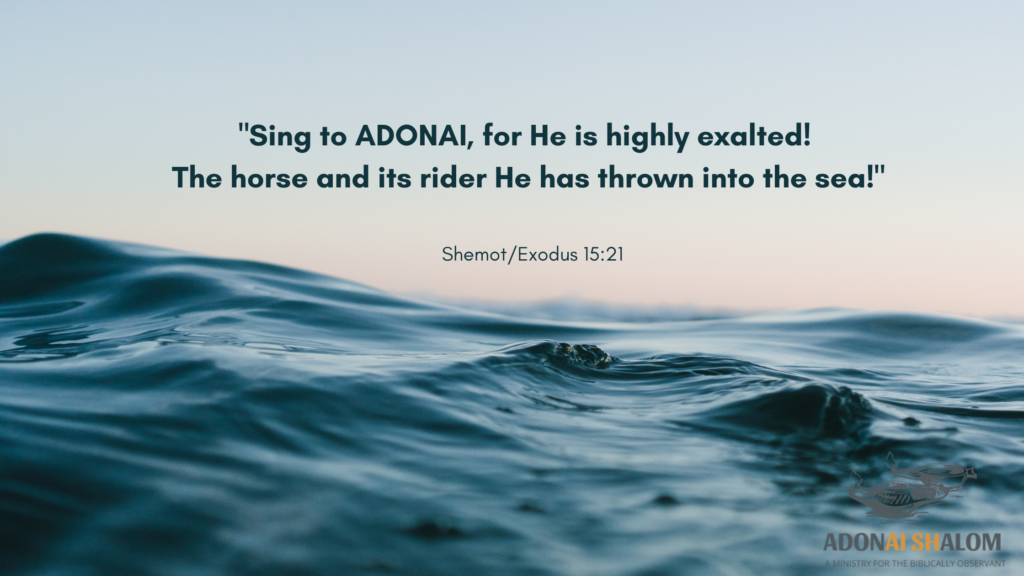
The praises sang in the Sinai desert set a precedent for the way praise would be offered throughout the Scriptures. Even today, we ought use these patterns for our praise – unashamedly rejoicing before the LORD in song and celebration.
Every bit of the Bible is compelling, but I find it very fascinating that Miriam the Prophetess is not the only Miriam in Scripture.
The mother of Yeshua (Jesus) was also a Miriam. “Mary” is anglicized. Back in ancient Bethlehem, it wasn’t “Mary and Joseph:” it was “Yosef and Miriam” blessed with their beautiful Son, Yeshua.
Luke’s Gospel account records that when Miriam visited Elizabeth, the Holy Spirit (Ruach haKodesh) filled Elizabeth “completely” (Luke 1:41, TLV).
In response to that Spirit-driven experience, Prophetess Miriam praised the LORD using the types of phrasing typical of Hebrew poetry. It is likely that Miriam, mother of Jesus (Yeshua) was inspired by the praise song sung by the other Miriam, sister of Moses:
Zechariah the Priest (Kohen)
Luke, being the very detail-oriented doctor that he was, made sure to record the song sung by Priest Zechariah because of its prophetic Truth.
Zechariah, too, was filled with the Holy Spirit (Ruach haKodesh) and Luke makes sure to point that out.
Notice the parallels between the songs of the Miriams and Zechariah. They begin by magnifying the LORD, blessing His Holy Name. The Bible says that Zechariah was filled with the Holy Spirit and therefore prophesied about his son Yochanan (John [the Baptist/Immerser]) as well as Messiah Yeshua our Savior Jesus:
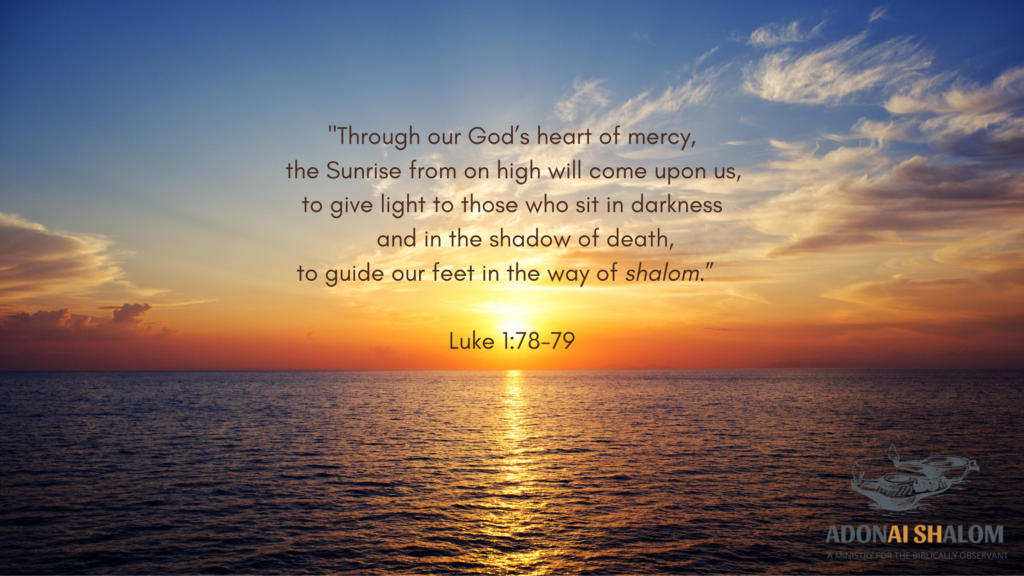
The Army of Heaven
Are you familiar with Chris Tomlin’s song, Whom Shall I Fear? (The God of Angel Armies)?
I particularly love the line, “The One who reigns forever, He is a Friend of mine!”
Think about that! Let it sink in! The God of the Heavenly Armies, the All-Victorious, Almighty One, who reigns forever – is also your Friend. A Friend of mine!? Then yes, whom shall I fear? The Commander-In-Chief, the Eternal Protector, just so happens to be the One I can call upon at any moment and He will send heavenly host reinforcements. Immediately. He’s that Powerful. He’s that Loving. He’s that good of a Friend. ADONAI-Tzva’ot!
“A multitude of heavenly armies” proclaimed the birth of our Messiah:
“Glory to God in the highest,
and on earth shalom to men of good will.” Luke 2:13-14
Luke recorded these songs of praise to inspire us to do the same.
Praise the LORD today!
Does your soul magnify ADONAI?
Do you sing praises to the LORD Most High?
Have you, like those who have gone before us, recognized the Sovereignty of God in your life?
Do you rejoice in God your Savior?
Have you been rescued and delivered by His Mighty hand of power?
Are you filled with the glorious Holy Spirit?
Praise the LORD for all He has done!
“For the Mighty One has done a great thing for me, and holy is His Name.” Luke 1:49
Asbury Awakening
We appear to be witnessing a revival, or what is often more historically termed, an “awakening,” at Asbury University. As I wrote on our Adonai Shalom Facebook page,
“Let’s pray for the students of Asbury University. May this be a true revival/spiritual awakening that our nation and world so desperately needs. I have been cautiously optimistic that what is going on there may become the Azusa Street of our day. This generation has been raised on coffee and donuts in the church and is hungry for real spiritual nourishment. I pray this generation learns true worship and experiences the authentic power of the Eternal One! I also pray for the administration because the logistics of what is going on at the university must be quite a challenge to navigate. But may the LORD have His way and may hearts turn to Messiah Yeshua (Jesus)!”
This is such an exciting event to witness! We are in the last days, and there will again be Spirit-filled songs of praise lifted to our Most High God who is worthy of all honor and glory forever and ever. With all the modern technology, people have found out about the revival and are traveling from all over the world, hungry to experience the LORD. The Spirit of God is not limited to that place, but there will be people who, like the wise men, need to go there to see what it is the LORD has done and they will go and spread that news elsewhere. We should pray that this wonderful spirit of repentance and revival will continue and truly have a global impact.
Keep your eyes fixed on our Savior Yeshua (Jesus) – because He will come back for His own!
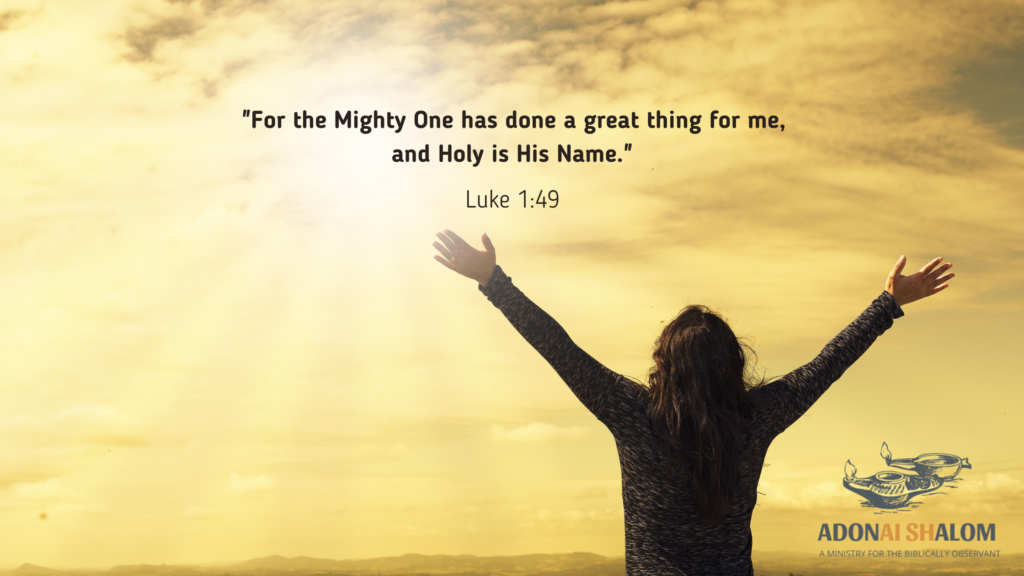
May you be most especially blessed today!
